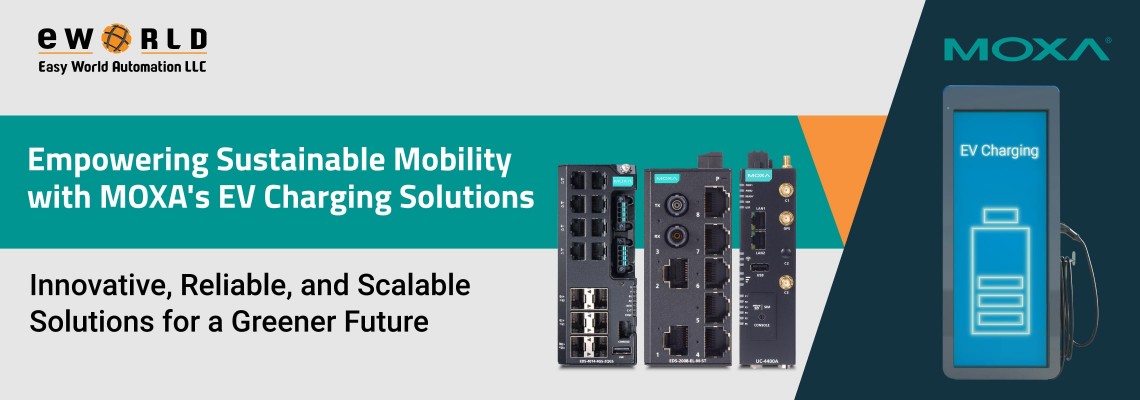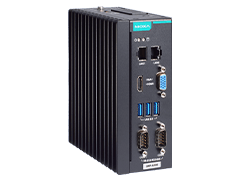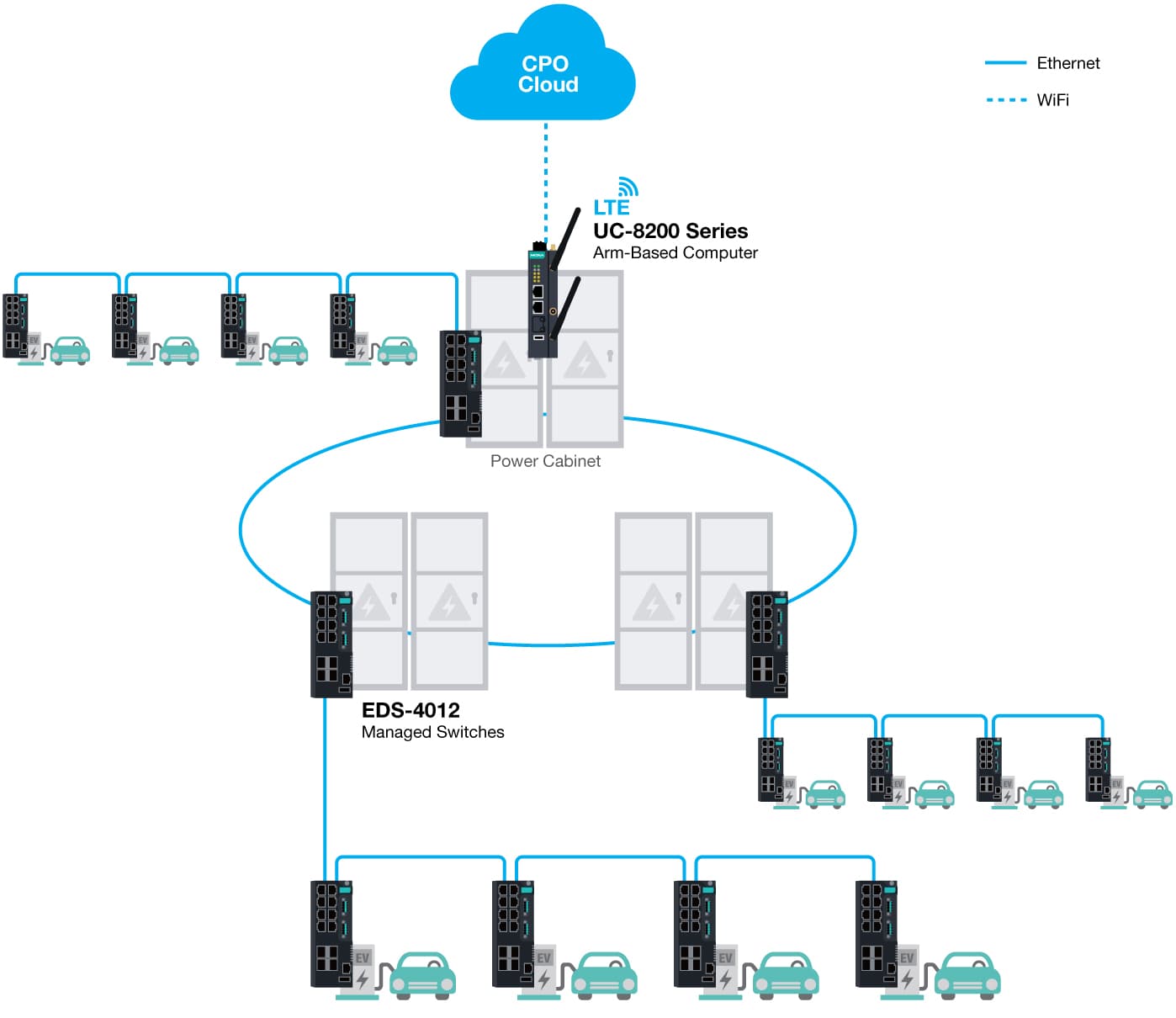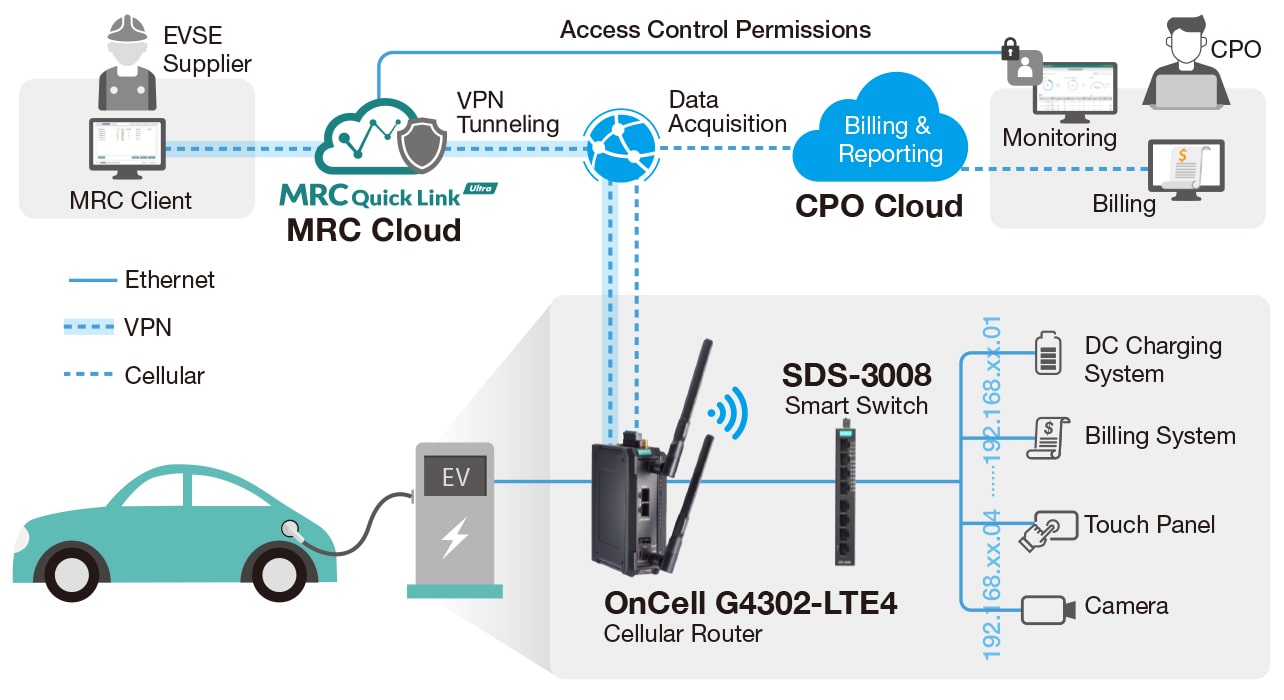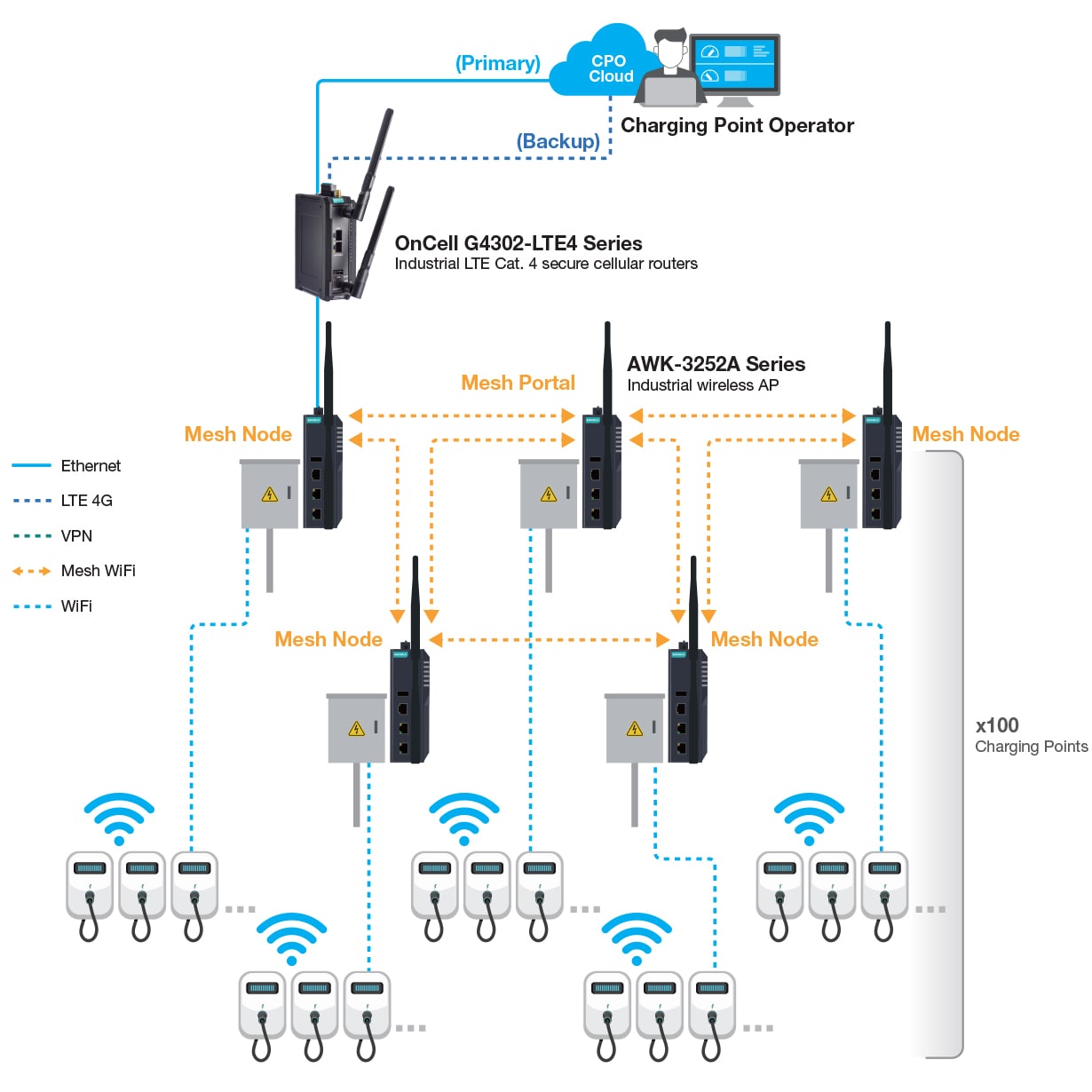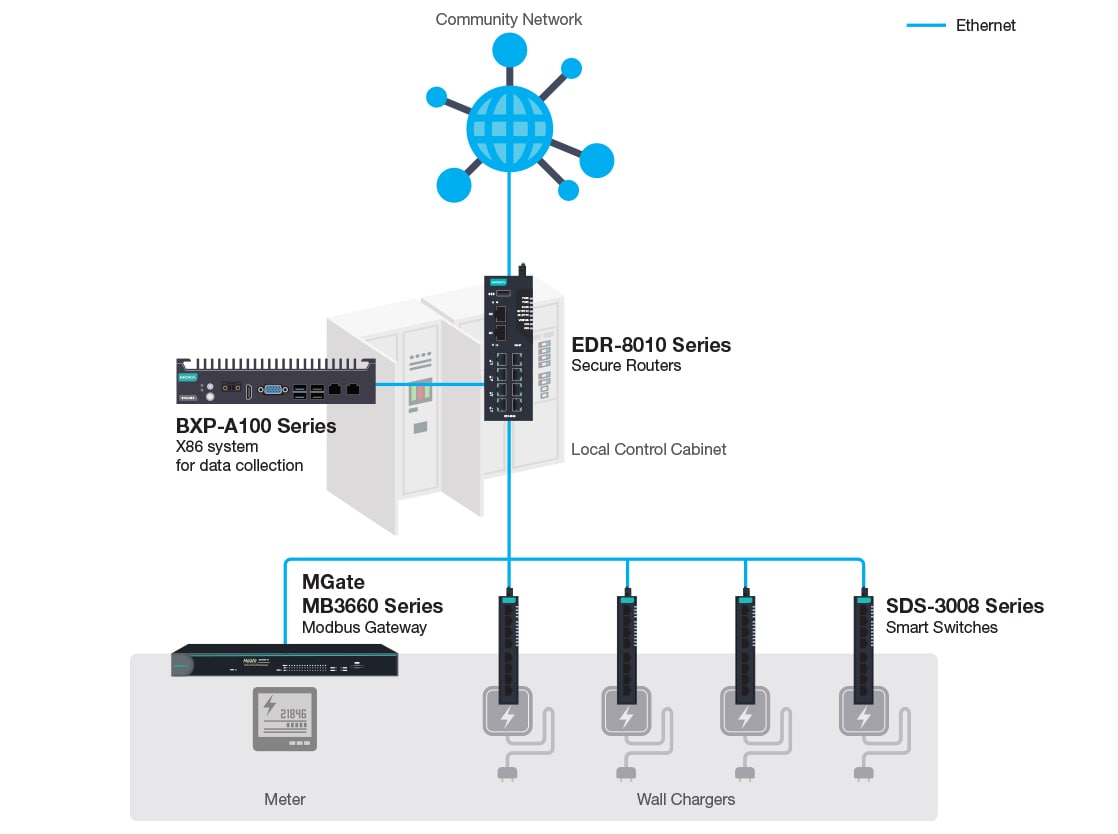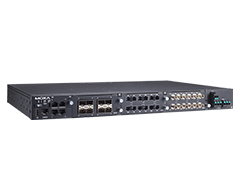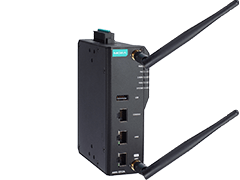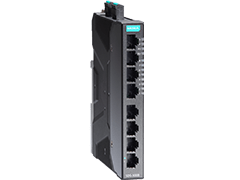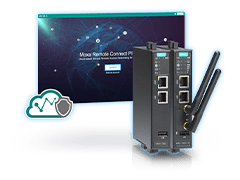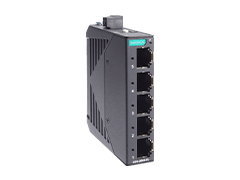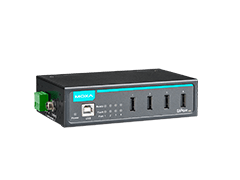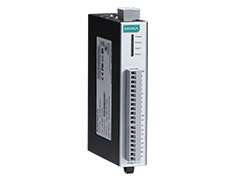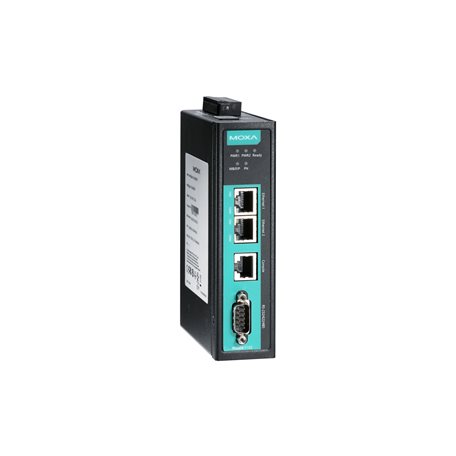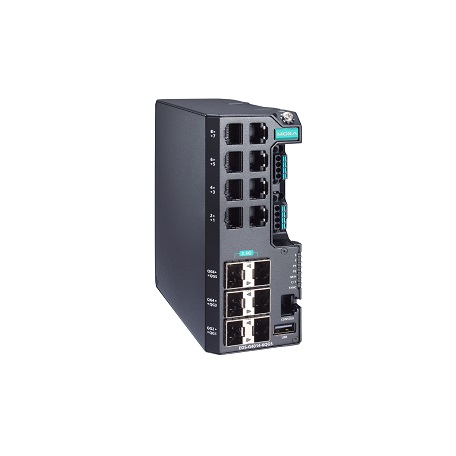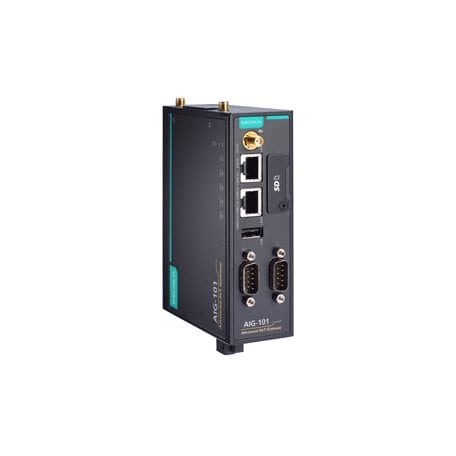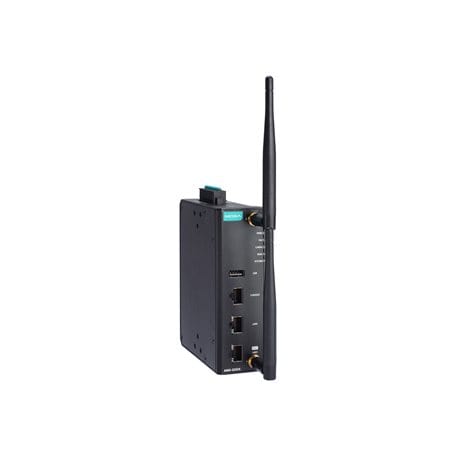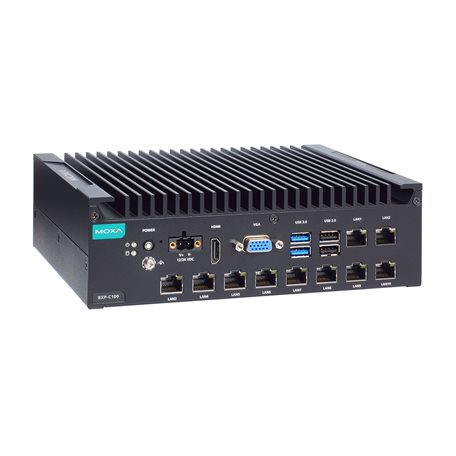As global industries move toward carbon neutrality, electric vehicles (EVs) are redefining how we travel and consume energy. The widespread adoption of EVs depends on the development of a reliable and scalable Electric Vehicle Charging Infrastructure (EVI) to meet increasing power demands sustainably.
Traditional one-way power grids are evolving into intelligent, two-way smart grids capable of managing higher electrical loads while integrating decentralized energy sources. To achieve this, the incorporation of renewable energy systems, such as solar and wind, combined with energy storage systems (ESS) for balancing power generation and consumption. These technologies enhance grid stability, minimize dependence on fossil fuels, and enable a more efficient, sustainable energy ecosystem. At the same time, smart charging technologies and advanced load management solutions are becoming essential. They ensure that EV charging remains efficient, adaptive, and responsive across different applications—from public charging stations to private industrial fleets.
Seamless communication between power grids, renewable sources, ESS, and EV charging stations demands robust protocol conversion for system interoperability. Moreover, real-time data monitoring supports intelligent energy management, enabling rapid fault detection, predictive maintenance, and operational optimization. To guarantee uninterrupted EV charging services, secure and reliable network communication is indispensable—ensuring system uptime, data integrity, and an enhanced user experience across the entire energy ecosystem.
Empowering EV Charging Resilience and Efficiency with Moxa
To address the increasing demand for EV charging, Moxa offers scalable solutions to provide stability, compatibility, and efficient management, ensuring a seamless and future-proof charging ecosystem.
Ensuring Stable, Reliable Infrastructure
We ensure that EV charging systems perform reliably even under harsh conditions:
- Reliable Operations: Industrial-grade components provide continuous, stable performance.
- Network Redundancy: Failover mechanisms help maintain connectivity and prevent system disruptions.
Enabling Seamless System Integration
Moxa provides seamless integration with existing systems and new technologies to simplify EV infrastructure deployment:
- Universal Connectivity: Ensure communication between EV systems, power grids, and renewable sources.
- Effortless Integration: Simplify the adoption of new technologies with minimal disruption.
- Flexible Interoperability: Support for multiple protocols ensures compatibility with industry standards.
Streamlining Remote Management and Cybersecurity
Our solutions enhance remote management and cybersecurity for EV infrastructure:
- Remote Monitoring: Real-time system monitoring reduces the need for on-site maintenance.
- Secure Access: Enable operational efficiency with remote management tools.
- Cybersecurity Protection: Advanced data security measures protect the charging infrastructure.
Solutions for EV Charging Scenarios
On the go: Split Type
On the go: Standalone
Destination
Community/ Indoor
×
Optimizing Operations for High-Traffic Charging Hubs
High-demand EV charging locations, such as highways and transportation centers, require fast-charging solutions that handle diverse vehicle types efficiently. To accommodate large volumes of traffic, it is crucial to manage energy consumption, reduce charging wait times, and maintain overall system performance through real-time data analysis and smart energy management.
- EDS-4012 Managed Switches: Designed to improve system uptime through network redundancy, ensuring continuous connectivity. Certified under IEC 62443-4-2, these switches offer enhanced cybersecurity to protect critical charging infrastructure.
- UC-8200 Arm-Based Computers:These devices provide a flexible platform for data collection and cloud integration, enabling real-time monitoring and analysis for high-traffic charging stations.
×
Simplifying EV Charging Station Deployment
Standalone charging stations, which are rapidly deployed across various locations, require reliable connectivity to ensure stable and scalable performance. These stations benefit from cellular connectivity and remote maintenance, which minimizes operational costs and ensures consistent system performance.
- SDS-3008 Smart Switches:With a compact design, these switches are ideal for space-constrained environments, offering essential troubleshooting and network diagnostics.
- OnCell G4302-LTE4 Cellular Routers:These routers support multiple international certifications and provide centralized management capabilities. They also offer secure remote access for maintenance vendors, enhancing the efficiency of troubleshooting and repairs.
- Moxa Remote Connect Suite (MRC): This solution enables secure remote access for monitoring and maintenance. CPOs (Charge Point Operators) can allow suppliers temporary, dedicated access to diagnose and resolve issues remotely.
×
Ensuring Reliable Wireless Networking for Outdoor Charging
In outdoor environments where wired connections are impractical, robust wireless solutions are essential for ensuring smooth EV station operations. These solutions must be secure and resilient to environmental challenges, delivering reliable connectivity even under difficult conditions.
- OnCell G4302-LTE4 Cellular Routers:Equipped with dual SIM functionality and Guaranlink technology, these routers provide automatic recovery during network disconnections to ensure continuous operation. Compliance with IEC 62443-4-2 standards also reinforces system security.
- AWK-3252A Industrial Wireless AP: This wireless access point includes a built-in band-pass filter to minimize environmental interference, ensuring more stable and reliable wireless communication.
×
Streamlining Energy Management for Community Charging Facilities
Community EV charging facilities face challenges in managing energy usage and integrating with legacy systems. Efficient energy control relies on aggregating data from individual meters and enabling seamless communication between chargers and central monitoring systems. This visibility allows property managers to optimize energy consumption, improve billing accuracy, and reduce manual oversight.
- MGate MB3660 Modbus Gateways:These gateways actively poll data from meters and store it in memory, reducing latency when SCADA systems need to retrieve information.
- EDR-8010 Secure Routers: Supporting advanced security features such as firewalls and deep packet inspection, these routers allow property managers to add security without altering existing networks.
- SDS-3008 Smart Switches:These switches offer critical network management features, including a user-friendly web interface for diagnostics, port management, and VLAN configuration.
Harnessing OT Data Flow with Moxa’s EV Charging Infrastructure Offerings
*Easy World's Moxa's official distributor in the Middle East. For any further information, please contact us via sales@eworldme.com.
